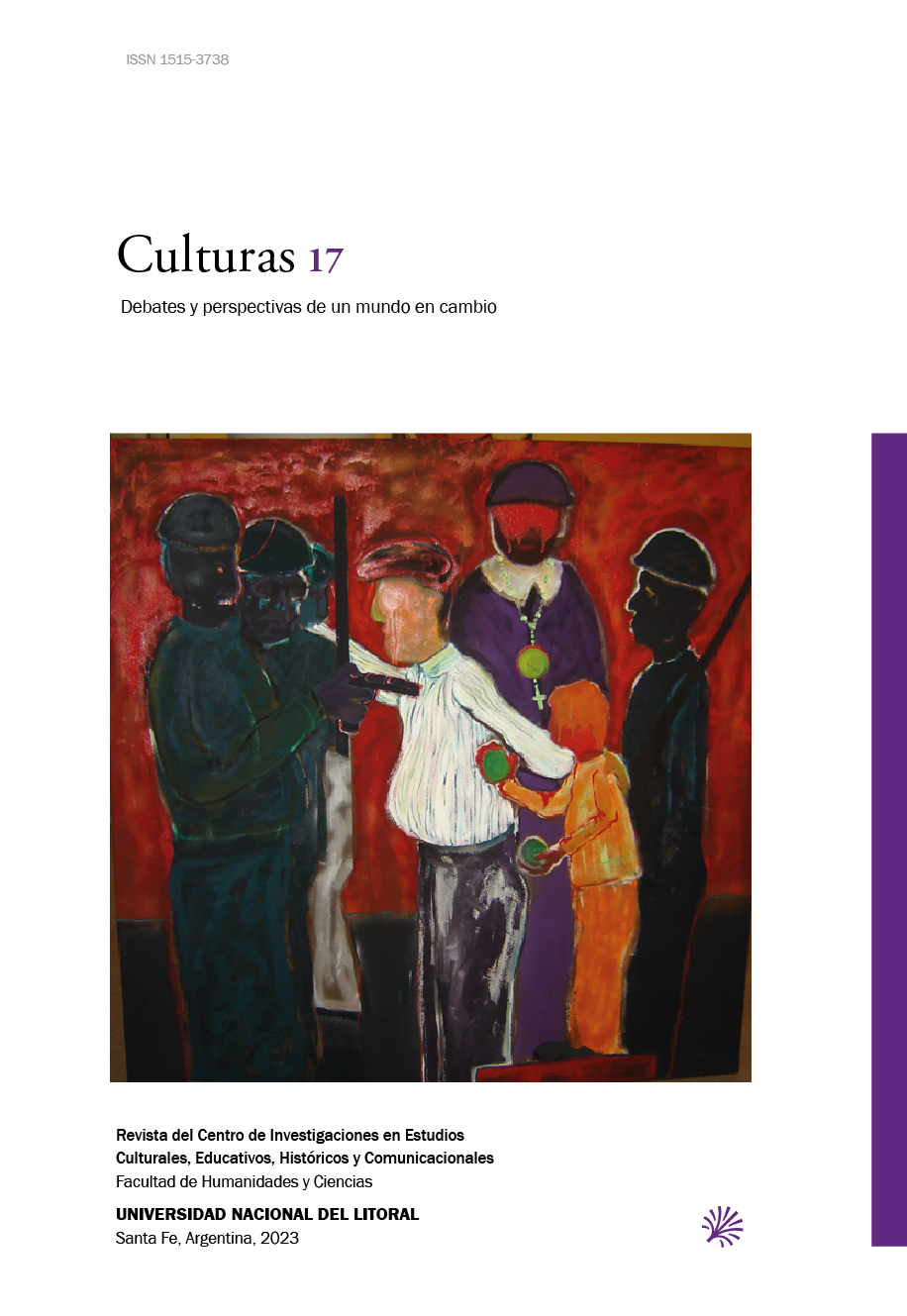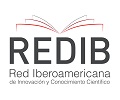The persistence of the past
Tensions and conflicts surrounding the elimination of film censorship during the democratic reconstruction (1983−1989)
DOI:
https://doi.org/10.14409/culturas.2023.17.e0021Keywords:
cinema, democracy, censorship, cultureAbstract
The following article reconstructs the tensions and conflicts generated by the
dismantling of film censorship during the government of Raúl Alfonsín
(1983−1989). It will seek to demonstrate that the enactment of a new film rating
law, and the creation of a new more plural and democratic body were not
enough to end the influence that conservative groups had exerted on the film
world for decades. It also seeks to account for the attacks that the film industry
had to endure by old adversaries such as the Catholic Church and its allies both
in justice and in the Catholic leagues, but also by some officials of the radical
government itself, who sought to limit the «excesses of freedom» in filmproduction. To develop these ideas we have analyzed a significant number of
primary sources, among which stands out mainly the specialized press, the
“Plan Nacional de Cultura” (National Culture Plan) 1984−1989, the
cinematographic legislation, the films questioned and an interview with Manuel
Antín, director of “Instituto Nacional de Cine” (National Film Institute) between
1983 and 1989.






